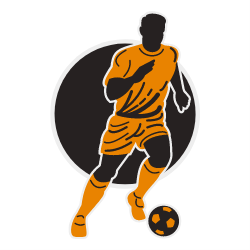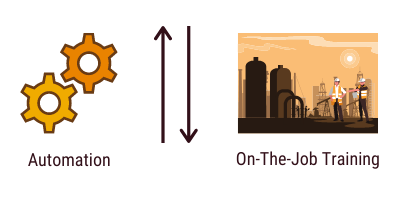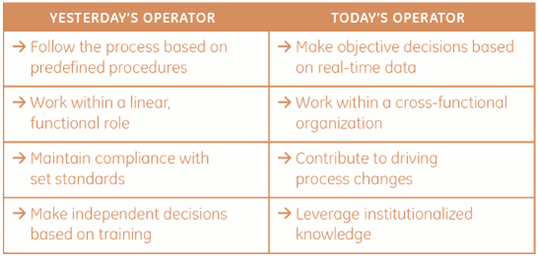What If Operators Were Trained Like Professional Athletes?
What if we started to train operators like professional athletes? Imagine providing operators with more than a hard hat, safety glasses and a broadly based safety orientation before turning them loose on shift. Imagine operators learning their skills by starting with drills and then moving onto “plays” and then full plant “scrimmages”. While it would be inconceivable for a new member of a professional sports team to be given a uniform, equipment, a set of rules and being sent directly into a championship game and be expected to learn as they play, isn’t this the way that most operators get trained today?
When you take a careful look at the amount of real training provided to most refinery and chemical plant operators, the “owners” or CEOs, and “general managers” or local plant management mostly have a hands-off approach and an overreliance on plant automation and "on-the-job" training. This approach is simply no longer practical or safe. The opportunity to teach new operators by watching experienced operators run the plant is severely limited. In many plants, it is the automation that runs the plant, with everyone watching from the sidelines.
What other endeavor that involves the potential loss of life, damage to the environment and destruction of expensive equipment allows their “players” to learn during the real game without extensive step-by-step training, practice beforehand and continuous, on-going training and evaluation? Our Operator Training Simulators and short courses aim to remedy this by giving operators the opportunity to have hands-on experience and gain confidence with their skills before entering the field.
As the amount of automation in the plants has increased, experienced operators have seen the amount of operating they are asked to perform substantially decrease. This has caused real on-the-job training to be difficult or nearly impossible to accomplish.
Finally, imagine a professional sports team getting a brand new “million dollar” training facility and only getting to use it for 1-2 days. Isn’t this the approach taken in our industry with many Custom OTS?
The role and expectations of an operator have changed over time. Responsibilities have drastically increased leaving our operators with higher job expectations and lower preparation for this kind of responsibility. The table below describes the multi-faceted employee that is expected in today’s industry.
Just like the operator job description, our training techniques should evolve too. The PetroSkills Simulation Solutions training addresses the greatest gap in current systems – the operations mindset. In our training you go beyond procedures and gain hands-on insight and expertise to allow for better decision making and effectiveness.
Some examples of what new engineers will learn is an:
• Understanding the dynamics of a system rather than just steady-state operation
• Interconnectedness of units within a plant and knowing that your “feed: is coming from another unit, and your “product” is going elsewhere
• Understanding plant personnel including the experience-based knowledge Operators possess, and also common shortcomings
• The frequency of which equipment can break within the plant, and not always trusting every instrument
• The large impact that weather plays in a process. Exploring changes in ambient temperature is rare in academia
• Understanding the growing complexity of controls logic and shut down systems
• Knowing the operational limits of particular pieces of equipment within the plant you are running
Let’s hope that CEOs, Senior Management and local plant management “rediscover” the importance of well trained operators and take a more active role in providing and supporting operators with comprehensive, systematic and continuous training. Let’s train our operators like we train professional athletes! Imagine plant managers being involved like the owners or general managers of a sports team in their operators’ training facilities and like coaches, in observing these training efforts and encouraging and cheering on their operators.
If you would like to invest in your Operator Training, we recommend learning more about our simulator software and 2-Day courses.
Written By: Donald C. Glaser
President
Simulation Solutions, Inc.




